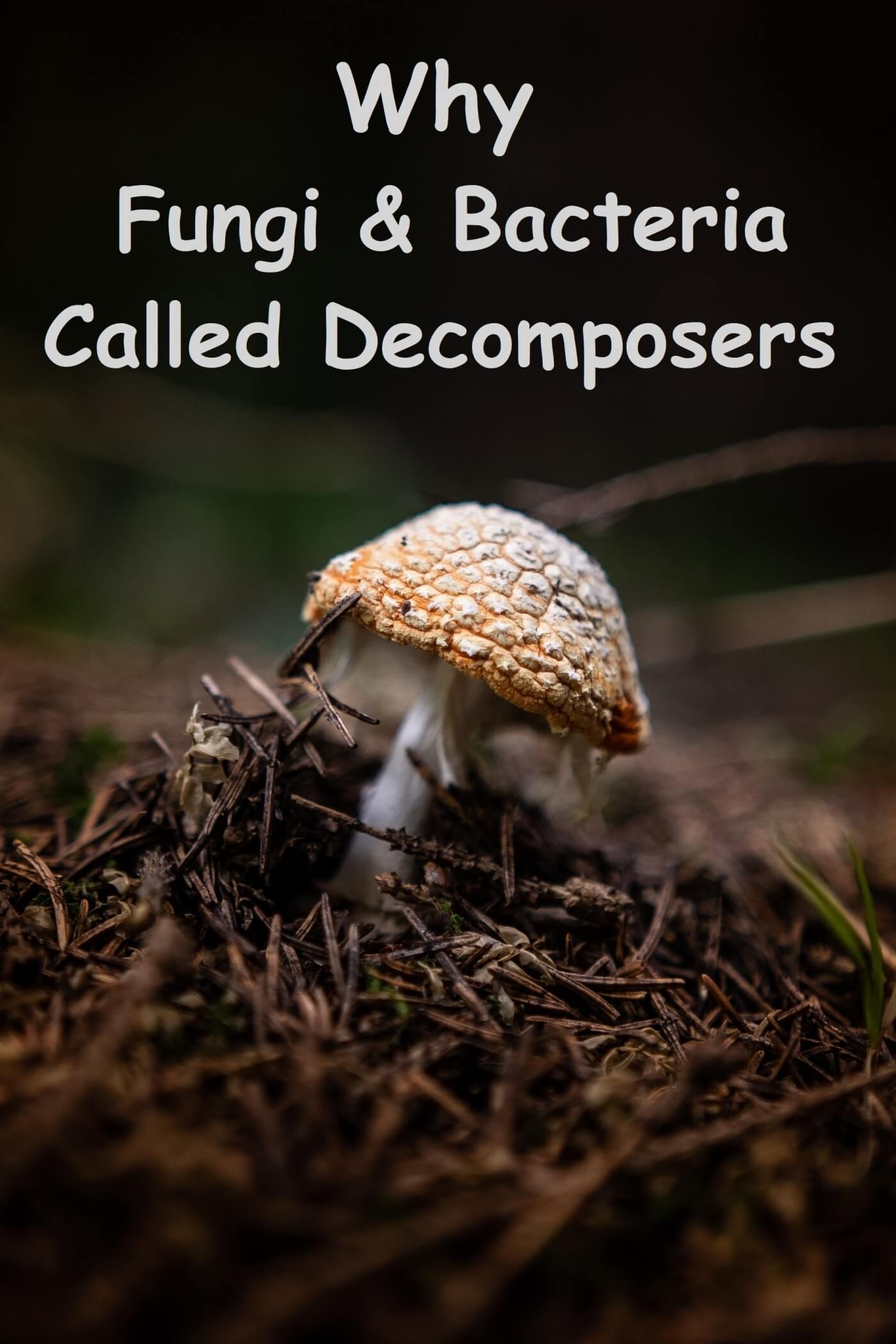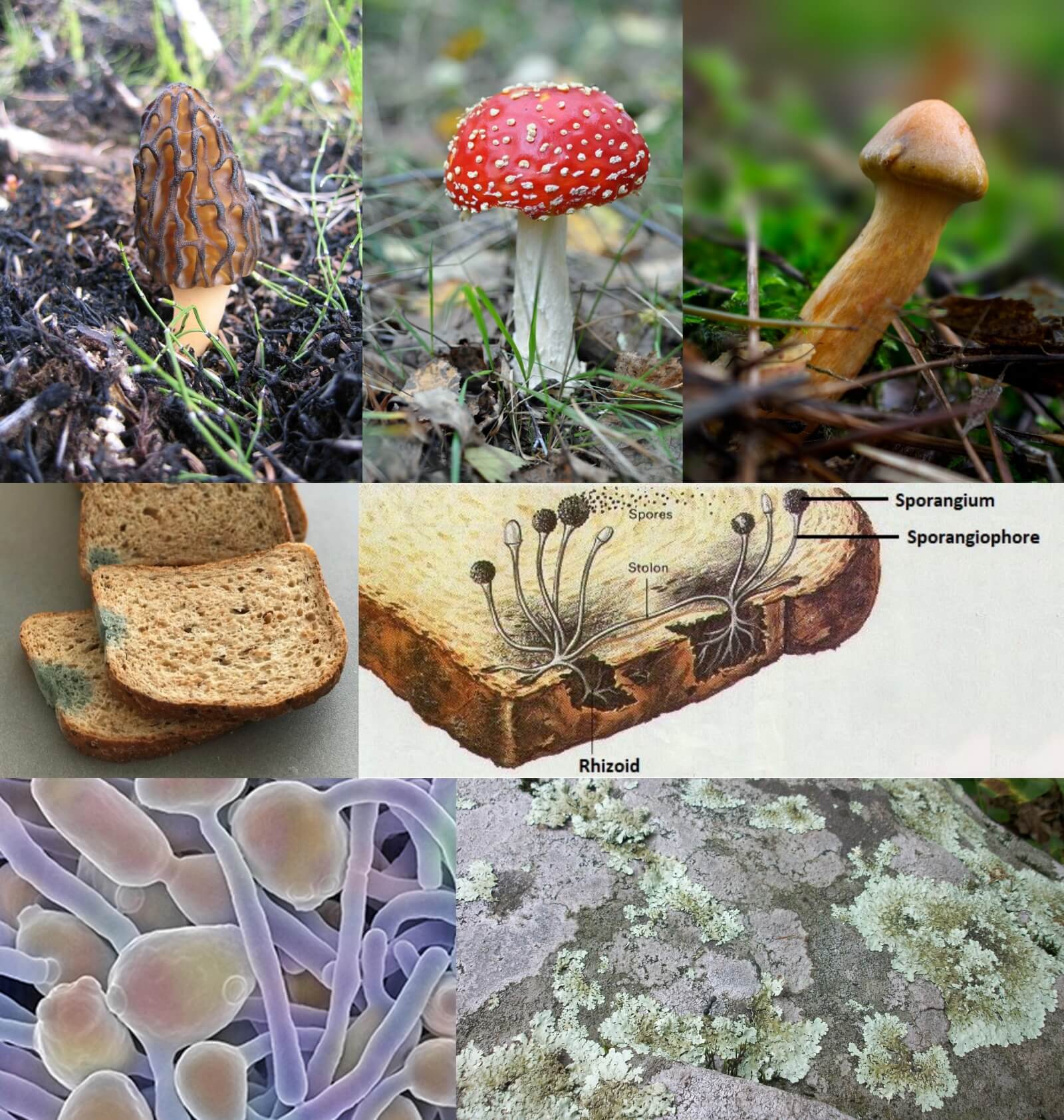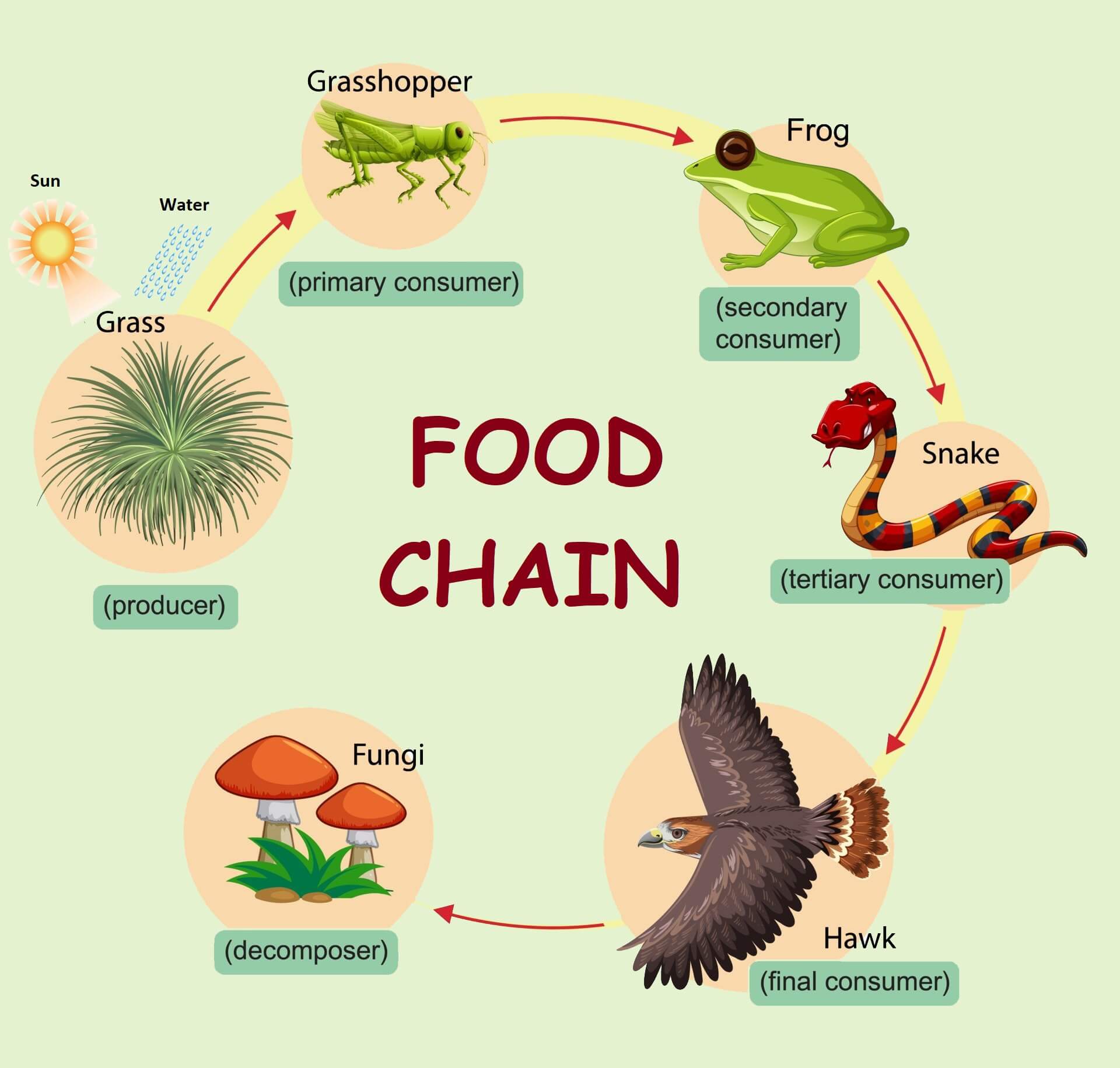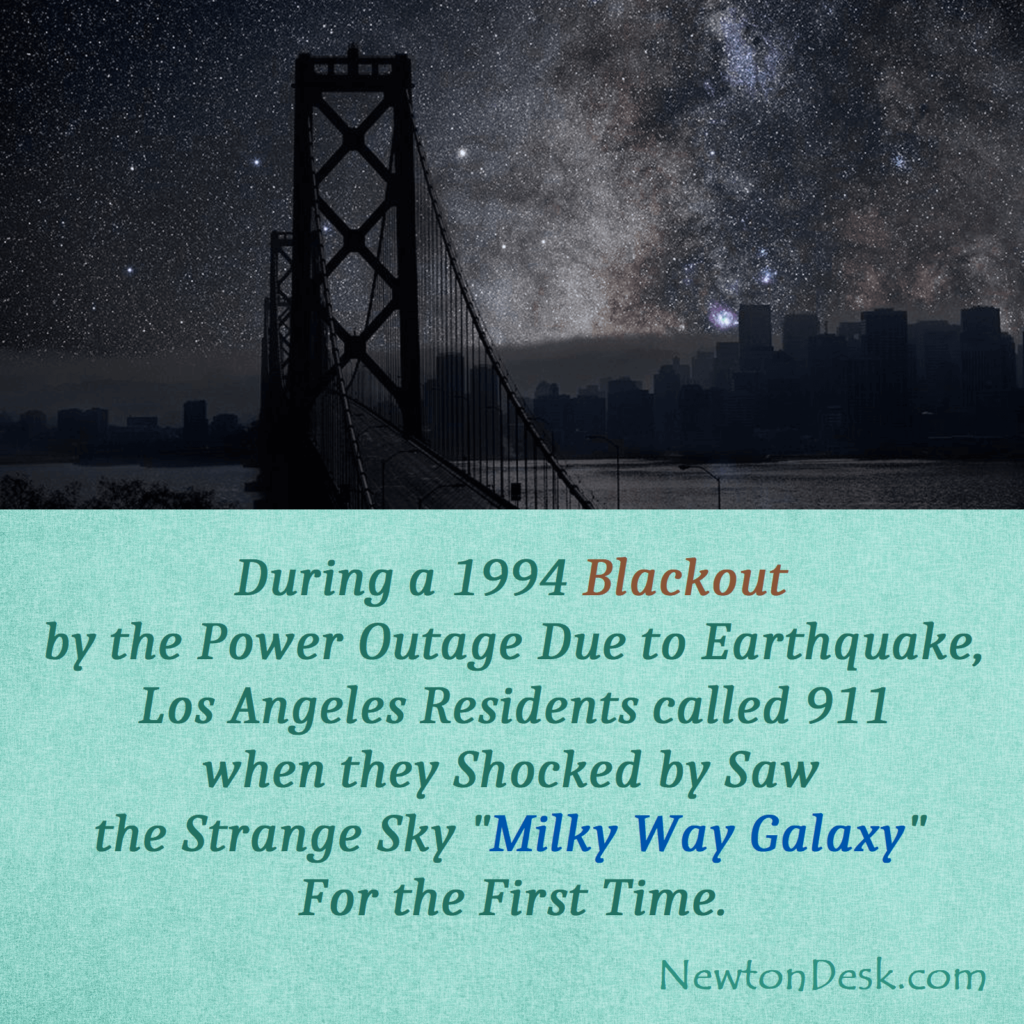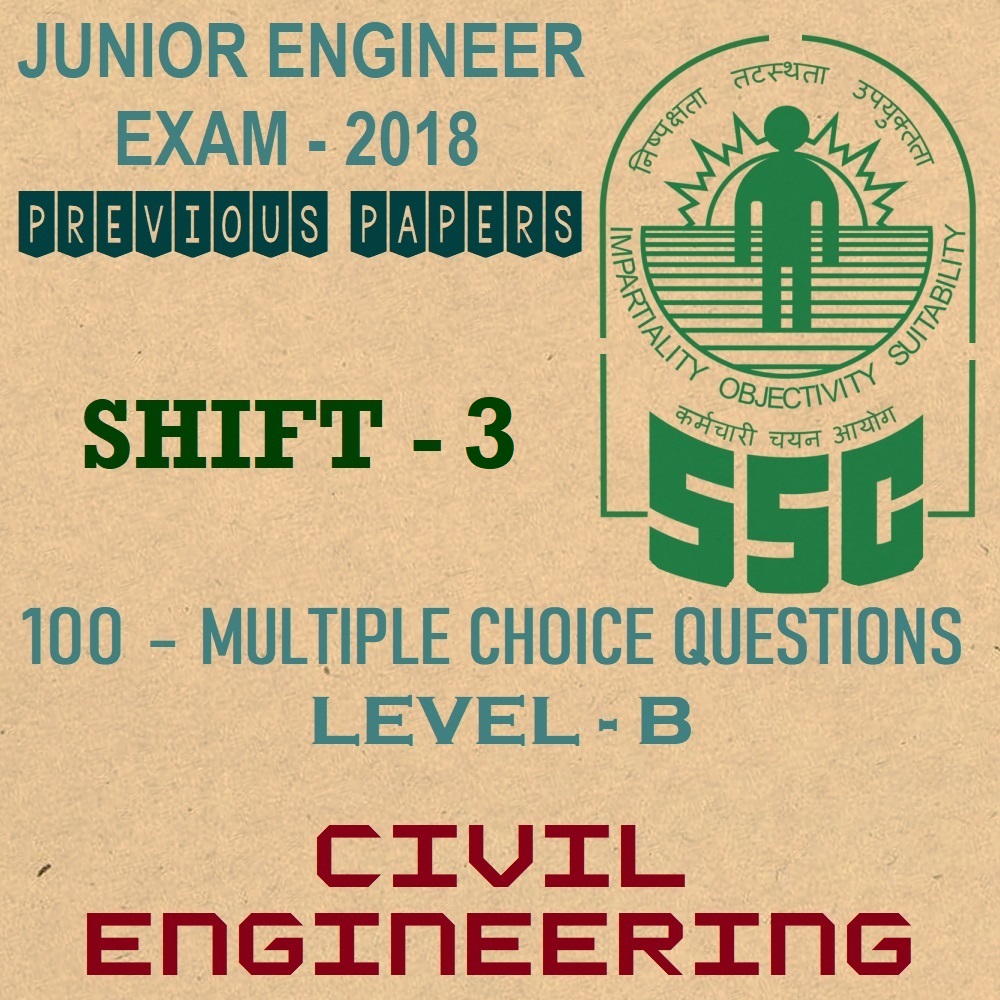Have you ever thought, why packed food have an expiry date? why we should confuse the expire food? what’s the reason behind decompose of everything? the answer is fungi and bacteria, that’s why they are called decomposers. Let’s get the explanation to understand it properly.
CONTENT INDEX
What are Fungi?
Firstly, we should know about what are fungi and bacteria? Fungi are living organism because they carry out the vital function of interaction, reproduction and nutrition by themselves. Some fungi like yeasts are unicellular microorganism not visible in plain sight. We need to use a microscope to observe them. Fungi are multicellular, these are made up of many cells. Grouping together forming long thin strings called Haifa. Haifa form the reproductive structure, mushroom or the mold contain spores by which fungi reproduce. We usually found fungi under the ground on pieces of wood r undecayed food.
Structure of Fungi (Decomposers)
Fungi are formed by one or many eukaryotic cells. Fungi eukaryotic cells are enveloped by a cellular wall or contain no chlorophyll. They not form tissues as in case of animal, they form Haifa.
Where do we find fungi?
Some fungi are edible and tasty like mushroom or truffles, Some fungi can be toxic. Some fungi are harmful for health to may cause lungs disease. And some fungi are produced antibiotics substances used as medicine. Penicillin is the famous antibiotic which use mostly.
How do fungi spread?
Fungi can be found in air, water or in plants. They are mainly transmitted through contact or poor hygiene. Generally, fungi are heterotrophs in nature. It means they depends on other living organism for their food. That’s why many fungi are decomposers. For example, some type of molds decomposes fruits and vegetables to be able to feed themselves and growing. The substances they decompose are also sources of soil nutrients. That plants and other living being feed on.
What are bacteria?
Bacteria are micro-organisms. You can’t see them with your naked eyes. You’d need a microscope to see them. Bacteria are living being. They are unicellular. They are prokaryotic cell meaning they have a nucleus. Bacteria can live in any environment regardless of how extreme its conditions. Maybe they can live in volcanoes for example, or in depth of the oceans.
Structure and Classifications of Bacteria (Decomposers)
Bacteria are made up of flagellum, the membrane cell which covers them. The ribosome, the cytoplasm and nucleoid which consisting of DNA and RNA genetic materials.
There are several Types of Bacteria
1. Bacilli bacteria – long rod-shaped bacteria
2. Cocci bacteria – round shaped like a ball structure.
3. Spirilla bacteria – spiral shaped structure or s-shape.
Where do we find Bacteria?
There are bacteria all over the body, Like in our intestine. For example, mouth, skin. many of bacteria help us to stay healthy. However, there are other bacteria that pathogenic and cause diseases.
How do Bacteria spread?
Bacteria spread through air, water or sneezing. When we sneeze, bacteria come into the hands. And transmitted by one person to another person. There are many diseases occurs by bacteria like pneumonia, tooth decay etc. but why bacteria are decomposers? bacteria are decomposers that’s why food rot. this caused by the growth of micro-organisms in this. Some of these decomposers found in ground and produce the necessary nutrients for crops to grow. but do you know about decomposers?
What are decomposers?
Decomposer recycles dean animals and plants. When plants and animals die, they become food for decomposers. An Example, animal decomposer is earthworm. Earthworms eat dead plants and animals. the waste that earthworm leave is rich in nutrients. Nutrients help plants to grow. decomposer like all living things get energy from food. To better understand, how living things get energy we use a food chain in environment.
What is a Food Chain?
A food chain describes how different organisms eat each other for survival. The chain usually starts with a plant and ends with an animal. The food chain comprises producers, consumers, and decomposers. Plants are producers, because they absorb the sunlight, carbon dioxide and other nutrients from the soil and make their own food by the process of photosynthesis. Plants are the only living being which creates energy for other living beings. that Animals who eat these plants are consumers. This is because they don’t produce energy, they consume food prepared by the producers. Animals who eat plants are primary consumer. they are also known as herbivores. when animals eat other animals, they are secondary consumers. they are also called as carnivores. If a carnivore eats another carnivore, it is called a tertiary consumer. Some animals eat both animals and plants, they are known as omnivores.
What is a Food Web?
A food web is made up of many different food chains. Detritivores are consumer that eat decaying matter animal feces. Earthworms and wood lice are examples of detritivores. Detritivores also help recycle nutrients within the ecosystem saprotrophs live in or on other animals and decompose non-living matter. Fungi, bacteria are the example of saprotrophs.
Why are decomposers important?
Bacteria and Fungi are known as decomposers. They are also called Detritivores. They eat dead plants and animals, and in the process, they break down into the nutrients by decomposing them. they release nutrients and minerals back into the soil. And it is used by plants. Humans are at the end of food chain. They eat both plants and animals that consumed other forms of energy. The decomposers help in decomposing the dead bodies of plants and animals. They clean the environment. They decompose biodegradable substances into simpler substances, secretion of bacteria and fungi decompose the organic matter present in dead plants animals into simpler substances and liberate ammonia and carbon dioxide etc.
Bacteria and fungi convert the dead plants or animals into ammonia. and this ammonia is converted into nitrate by nitrifying bacteria. These nitrates act as fertilizer. In the absence of fungi and bacteria. They do not decompose the dead plants and animals. They remain as it is. they would not return back to the soil. all nutrients of soil, water and air get exhausted. And, evolution of life would come to an end. therefore, decomposers help in recycling the materials in ecosystem. So that the process of life may go on and on like an unending change. That’s because ecosystem is balanced and life goes on.
Poonam chhapola
